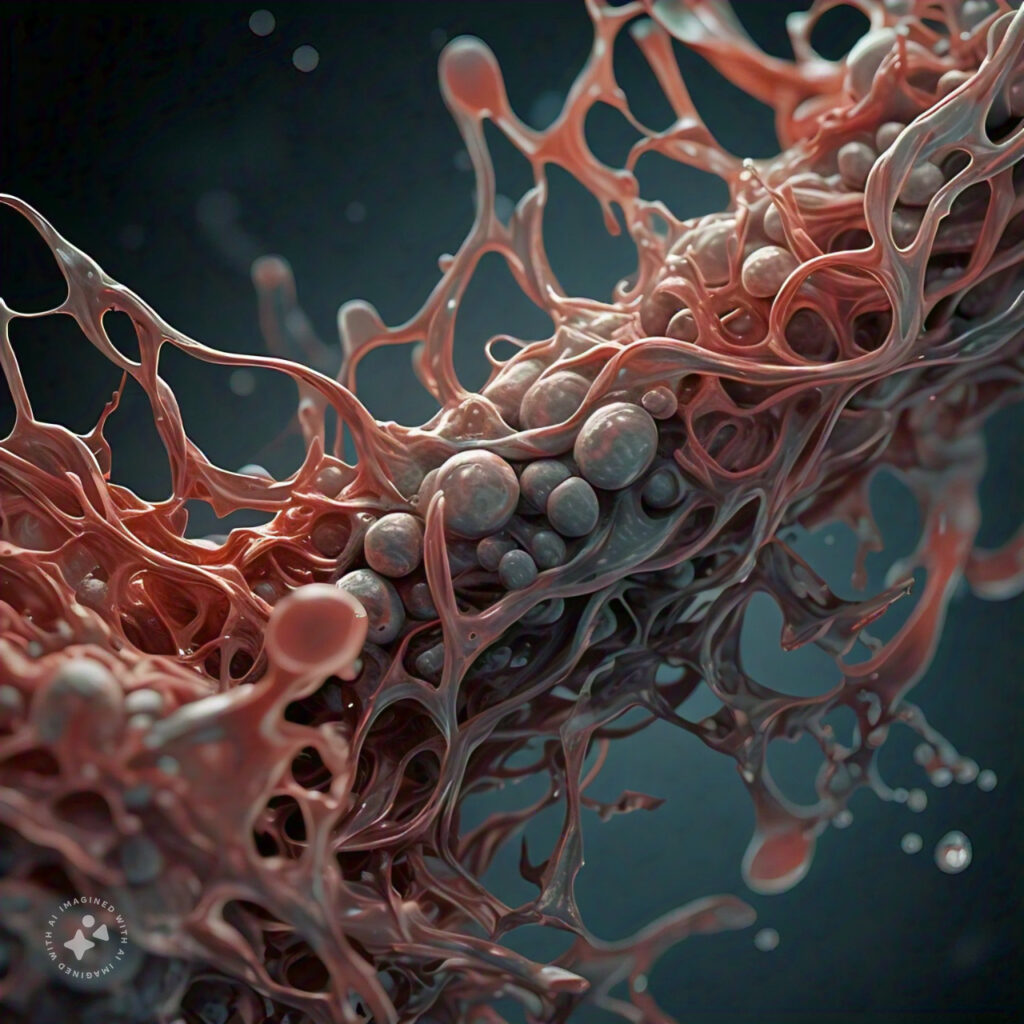
DeepDive Into Prions
Sourav Pan
Prions are misfolded proteins that can cause neurodegenerative diseases by triggering the abnormal folding of normal proteins in the brain. Unlike bacteria, viruses, or fungi, prions are not living organisms, nor do they contain genetic material like DNA or RNA. Instead, they are purely protein-based infectious agents. Prions are responsible for a group of diseases … Read more
Episodes
0 found this helpful out of 0 votes
Helpful: 0%
Helpful: 0%
Was this page helpful?
- Text Highlighting: Select any text in the post content to highlight it
- Text Annotation: Select text and add comments with annotations
- Comment Management: Edit or delete your own comments
- Highlight Management: Remove your own highlights
How to use: Simply select any text in the post content above, and you'll see annotation options. Login here or create an account to get started.